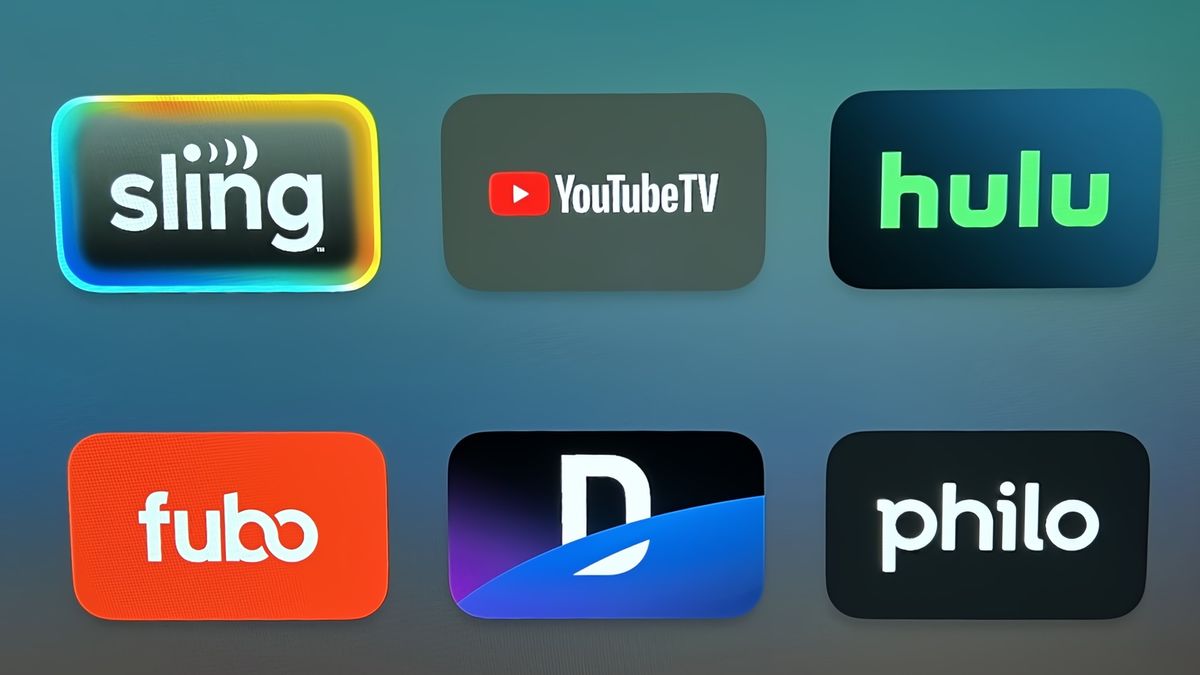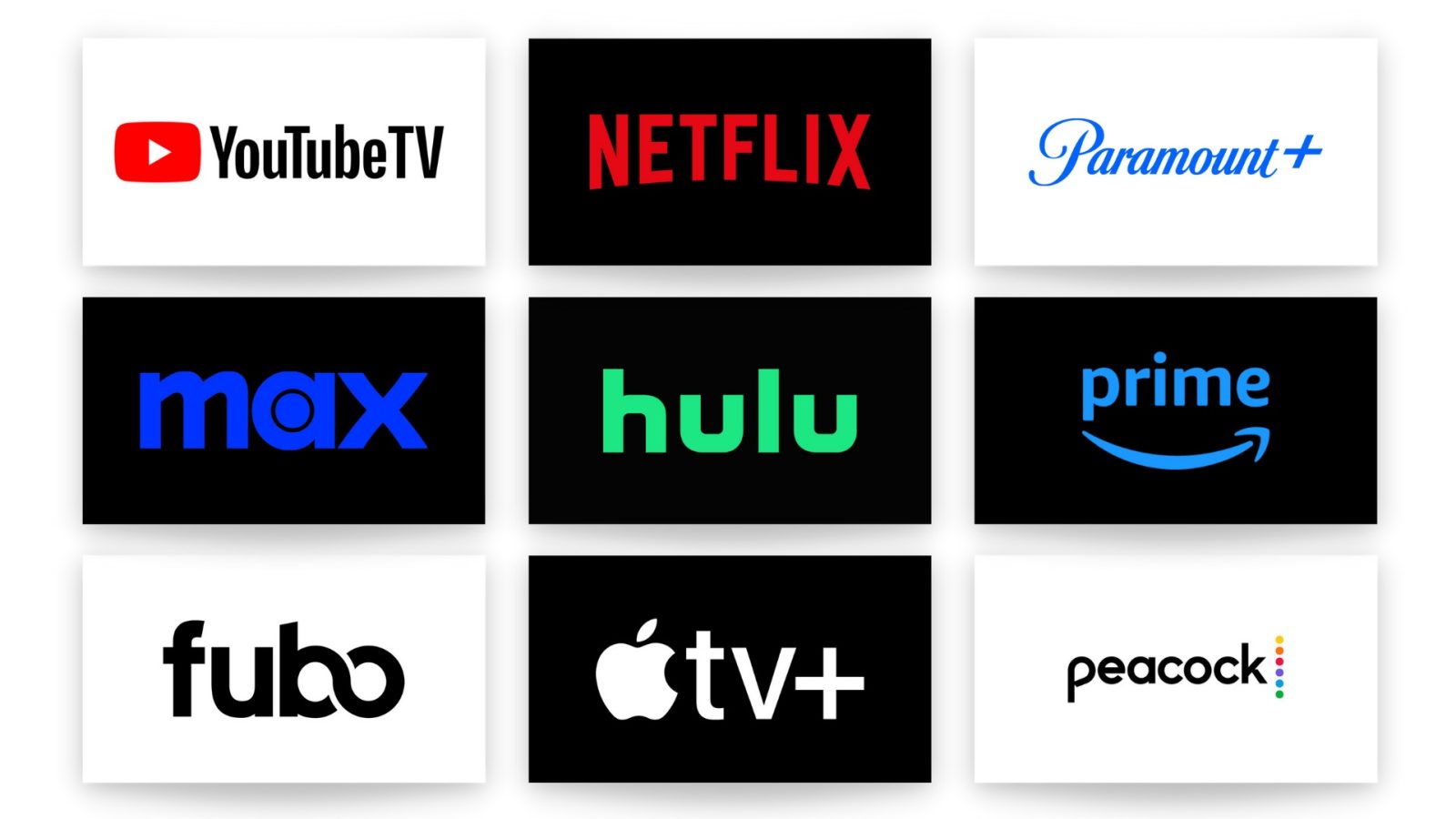Approximately a week has passed since Disney, Warner Bros. Discovery, and Fox announced a new joint venture to deliver live sports outside of traditional cable packages, leaving pay TV distributors scrambling to assess how disruptive this new service will be.
The primary concern for distributors like Comcast, Charter, and DirecTV is whether they will be permitted to offer the same slimmed-down bundle of linear networks that Disney, Warner Bros. Discovery, and Fox have planned for consumers later this fall.
This bundle is expected to include ABC, ESPN, ESPN2, TNT, TBS, Fox, FS1, FS2, and other sports-oriented cable channels.
If Disney, Warner Bros. Discovery, and Fox permit distributors to provide this same bundle alongside the conventional cable package, the impact of the joint venture might be minimal. However, this could undermine the very purpose of the new service.
In 2023, Charter began offering a cable package excluding sports, aiming to reduce costs for customers interested only in news and entertainment.
While offering sports only to those who want to watch it benefits distributors, it can be detrimental to programmers, who rely on revenue from households that pay for sports channels even if they do not watch them.
Therefore, the new sports joint venture makes the most sense if the three media companies prevent distributors from offering the same package.
So far, the major pay TV distributors have remained publicly silent about the upcoming bundle as they continue to analyze the joint venture’s plans, according to sources who requested anonymity due to the confidential nature of the discussions.
Privately, however, Disney, Warner Bros. Discovery, and Fox have received complaints from some distributors concerned that the new bundle might lead to increased cancellations of cable TV subscriptions, according to insiders.

Typically, pay TV distributors negotiate most-favored-nation agreements with programmers, ensuring that deals with companies like Disney are consistent across various distributors, such as DirecTV and Dish.
If the sports joint venture does not allow distributors to offer the same terms as it does to retail customers, distributors might refuse to carry the networks when their contracts are up for renewal or even take legal action, according to Craig Moffett, an analyst at MoffettNathanson.
“Distributors have long sought the ability to offer cheaper, more streamlined bundles that separate costly sports programming from less expensive non-sports content, but have consistently faced resistance,” Moffett said.
“This could potentially breach most-favored-nation clauses, which prevent programmers from offering better terms to other distributors, including a joint venture formed by the programmers themselves. Lawsuits could be a likely outcome.”
Disney, Warner Bros. Discovery, and Fox heavily depend on pay TV distributors for most of their revenue.
While some, such as Charter and Comcast, might indirectly benefit from the potential success of the joint venture—particularly as the digital service would require high-speed internet, potentially boosting broadband subscriptions—others, like DirecTV, Dish, and YouTube TV, could directly lose video subscribers.
Early discussions between distributor executives and the media companies involved in the joint venture have not been extensive, largely due to the limited information available about the venture’s strategy, which remains unnamed and not yet legally formalized.
“The formation of the pay service is contingent upon negotiating definitive agreements among the parties,” Disney, Warner Bros. Discovery, and Fox stated last week.
A leader for the joint venture has not yet been officially announced, though former Apple executive Pete Distad is reportedly a leading candidate, according to sources familiar with the matter.







Leave a Reply